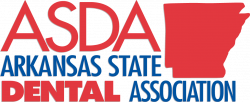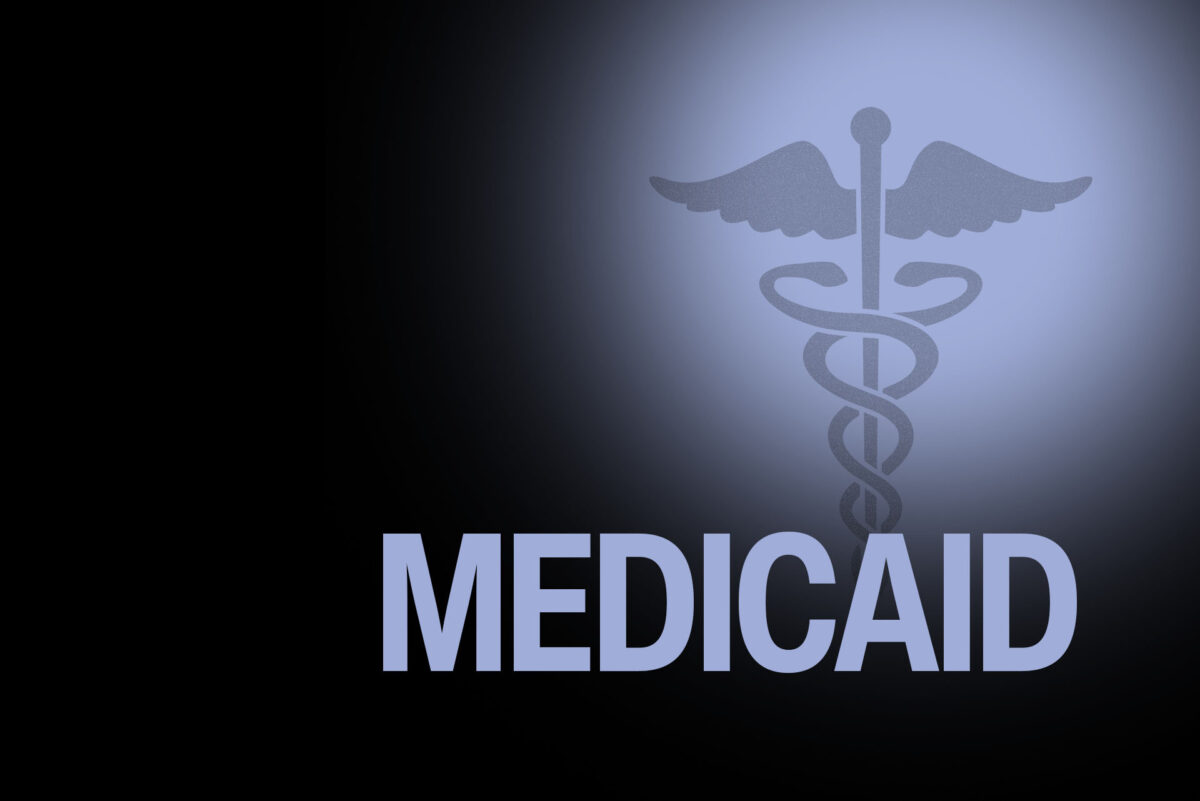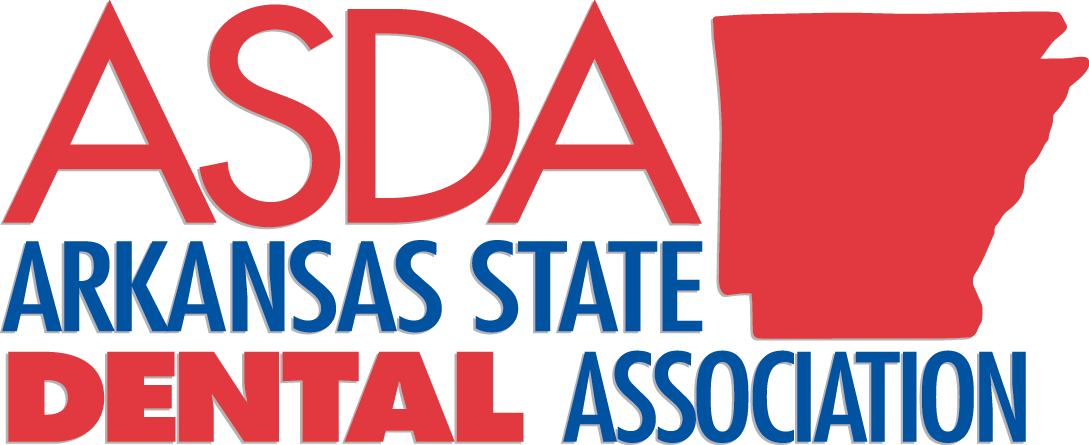Dr. James S. Ellis, 92, of Fort Smith, Arkansas, went home to be with his Lord and Savior on September 29, 2024, in Knoxville, Tennessee. He practiced oral surgery in Fort Smith for 40 years.
He earned his Eagle Scout Award at age 13 and graduated from Camden High School in 1949. He then attended Henderson University, obtaining a Bachelor of Science degree in chemistry in 1953. In 1956, he graduated from the University of Tennessee School of Dentistry and completed his oral surgery residency at Louisiana State University in 1964.
While attending Henderson University, he met his wife of 67 years, Janette Bryant. They married in 1953 in Camden, Arkansas and had two daughters, Elizabeth and Ruth.
Dr. Ellis served on the Arkansas State Board of Dental Examiners, followed by twelve years of service on the Southern Regional Testing Agency. He was a member of the Fort Smith Dental Association, treasurer of the Northwest Arkansas Dental Association, American Dental Association, Southwest Society of Oral and Maxillofacial Surgeons, American Society of Oral and Maxillofacial Surgeons, and American Board of Oral and Maxillofacial Surgeons.
Additionally, he served on the Dental Staff of Saint Edwards Mercy Medical Center and Sparks Regional Medical Center. After retiring at age 75, he continued to teach Oral Pathology at the University of Arkansas Fort Smith School of Dental Hygiene until he was 84.
He was a long-time active member of East Side Baptist Church and a men’s Sunday-school teacher. Although he was an avid runner for over 35 years, he also believed in exercising his mind and had memorized most of the Book of Romans. Active in his community, he supported the Fort Smith Symphony and served as president for two seasons.
He was preceded in death by his wife, Janette Ellis. He is survived by two daughters, Elizabeth Hollis of Tulsa, Okla., and Dr. Ruth Lambert and husband Dr. David Lambert of Loudon, Tenn.; two grandchildren, Brandon Son and wife Colleen of Tulsa, Okla., and Ellis Lambert of Loudon, Tenn.; one great-grandchild, Nicole Son of Tulsa, Okla.; and one brother, William Ellis of Fayetteville, Ark.
A graveside service will be held on Saturday, October 5, 2024, at 2:00 p.m., in the Memorial Park Cemetery in Camden, Arkansas.
Memorial contributions may be made to Gideons International, P.O. Box 97251, Washington, DC 20090 or www.gideons.org.
Proctor Funeral Home is assisting the family in Camden, AR.




















